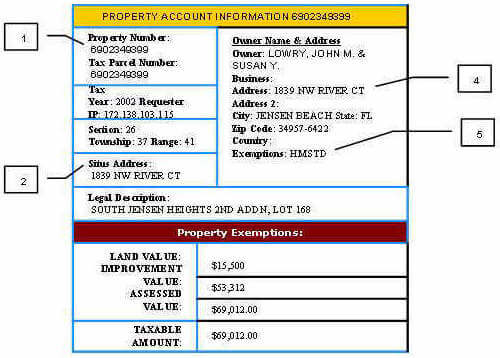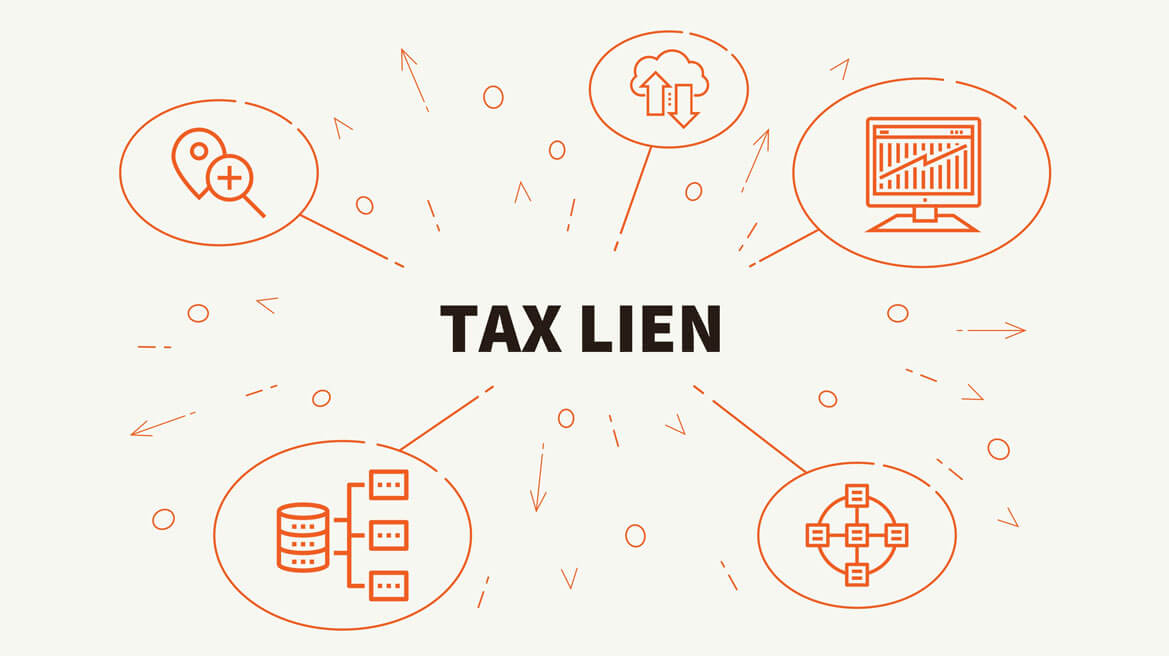All Categories
Featured
If you want the tax obligation lien foreclosure procedure, you ought to contact a lawyer so you recognize and consider the threats of this kind of investment. - what is tax lien investing
Tax obligation lien sales are one means that cities and regions attempt to redeem some of the public dollars they've invested preserving these properties deserted by exclusive owners. As we'll discuss in this short article,. Once real estate tax are thought about overdue, local governments usually focus on offering notification of delinquency and attempting to collect the overdue quantities from the owner.
Nevertheless, this process usually takes years. If an owner has walked away and is reluctant to pay taxes or keep the home, the city must invest tax dollars to maintain the home. These costsboarding up the building, mowing disordered lawn and weeds, responding to fire and cops calls on the home, and moreadd up

Proprietors that have actually dropped on difficult times definitely need every effort to keep them out of misbehavior and in their homes. Yet typically, if the property is vacant and tatty, we must presume the owner has selected to desert their rate of interest in the residential property which they are "resistant" to pay (though scenarios previously while doing so might have required their hand).
How To Tax Lien Investing
Take, for instance, a single-family home where the owner has long given that left. For several years the city government has actually needed to action in and eliminate garbage unloaded in the lawn, board up the doors and home windows, and reply to phone calls regarding immoral activity on the property. All these services cost the city government taxpayer bucks.
In several states, those costs can be collected in the exact same way as the unpaid tax obligations, yet not in all. In a tax lien sale (or tax certificate sale) the regional federal government usually holds a public auction where the winning bidder concurs to pay the most cash for the right to impose the tax lien, beginning with a minimum bid of at least the tax obligations possessed, plus suitable passion, costs, and costs.

When a federal government offers the tax lien they are generally selling to a private customer the regional government's authority to accumulate the debt in exchange for ahead of time repayment of the taxes owed. The buyer's acquisition normally includes the ability to earn future interest, as well as recover related charges and expenses incurred by the buyer, if the homeowner pays the tax obligation debt.
This is, fundamentally, privatization of a core federal government function: taxation. Tax obligation lien sales are especially bad when it comes to vacant, deserted, and worn-out residential properties due to the fact that they prolong the period before a property can be relocated right into the hands of a new, more liable owner. Exclusive tax obligation lien buyers hold the debt, yet they do not possess the titlethe legal right to ownership of the propertyand in a lot of cases, they have no rate of interest in getting it.
Tax Lien Investing Scams
Taking into consideration budget cuts, city governments in many states have minimized internal real estate tax collection and enforcement initiatives and sought to tax lien sales as a fast infusion of earnings - tax lien investing (investing tax lien certificates). Several areas choose or are mandated by the state to market tax obligation liens since it outsources collection and frequently brings in really needed money earlier in the collection procedure
By transferring the regional government's interest in and enforcement of the tax obligation lien to a private buyer, local governments shed much of their versatility: flexibility to get uninhabited residential properties that the personal market doesn't want, or to assist the owner stay clear of losing their building. With vacant homes, there is a much greater chance that the exclusive purchaser isn't interested in the home itself.
Tax lien sales can trigger injury in traditionally disinvested areas. In a clinically depressed real estate market, fewer owners are able to redeem the quantity of the financial debt offered to a tax obligation lien customer. These areas are ripe for a various kind of tax lien investorspeculative proprietors looking for to get properties on the economical by seizing on the property tax obligation lien, bleeding what little bit equity is left by leasing a second-rate residential or commercial property to prone occupants, and then deserting the residential or commercial property when they've gained back their investment.

Not all state regulations provide city governments the power to interfere in this cycle. Regardless, the building remains uninhabited and in limbo, all the while enforcing considerable prices on its next-door neighbors and taxpayers. It's reasonable that many regional federal governments transform to tax lien sales due to the fact that they assist money essential public solutions.
If the city government instead markets the building (aka the "tax act"), instead than the tax obligation financial debt, after that they are in control of what occurs to the residential or commercial property and the enforcement procedure if the proprietor proceeds to not pay the home tax obligation owed. The government will certainly supply the proprietor a reasonable time to pay back the tax debt, after which the federal government will foreclose its rate of interest in the tax obligation lien and the proprietor's right of redemption.
From their beginning, these auctions were venues for investors to profit with exploitation. In very early 20th-century cities, well-known "tax sharks" like Chicago's Jacob Glos and New York's Charles Wiltsie amassed lot of money by acquiring up ratings of tax liens on homes, billing their proprietors outrageous amounts to remove the lien, or waiting till the due date for negotiation passed and claiming the deed.
Tax Lien Investing Texas

Phone call to eliminate tax obligation lien sales and overhaul tax obligation misbehavior legislations have regularly emerged. Typically, they have actually been available in response to instances of poor, typically elderly property owners who shed their homes to unethical tax purchasers over small tax obligation financial obligations. With a few exemptions, state legislatures have actually withstood structural reforms (are tax liens a safe investment).
Those that have actually repaid their home loans (mainly seniors or individuals who had inherited a household home) should also discover the money to pay residential or commercial property taxes. This clarifies why 70 percent of the homes cost tax obligation lien sales are possessed outright. It is well hobby for states to take on an even more humaneand extra effectivesystem for home tax enforcement.
Latest Posts
Property Taxes Foreclosure
Tax Sale Property List
Tax Deed Foreclosure